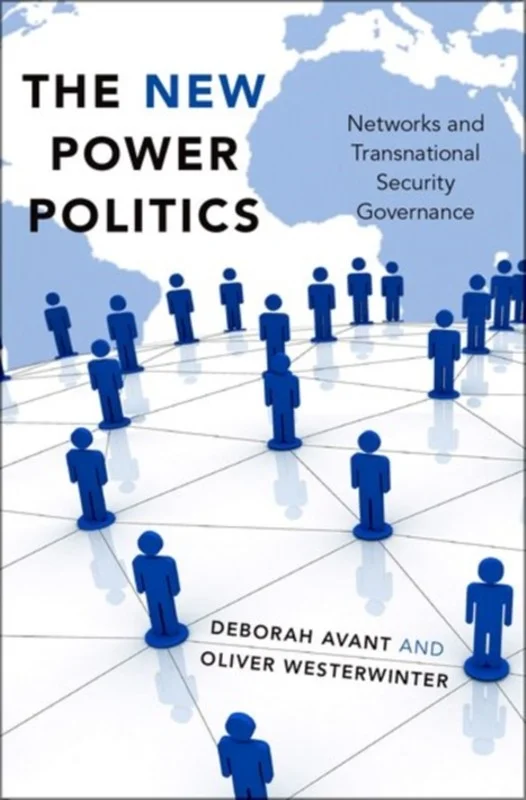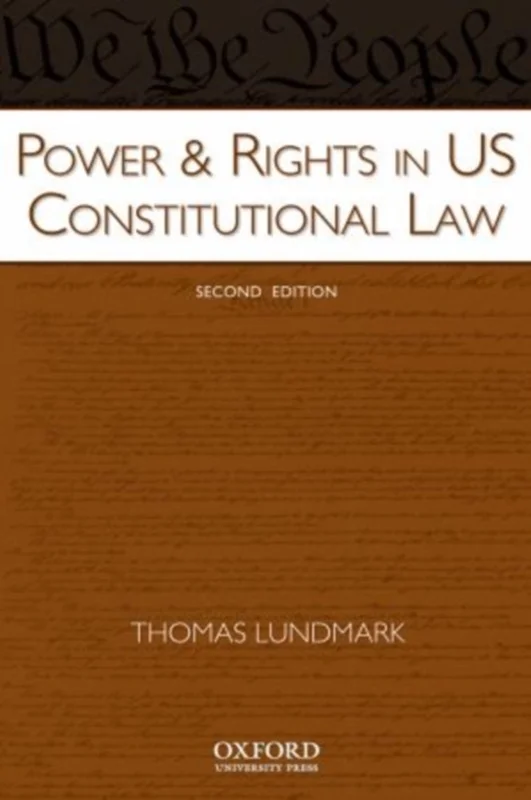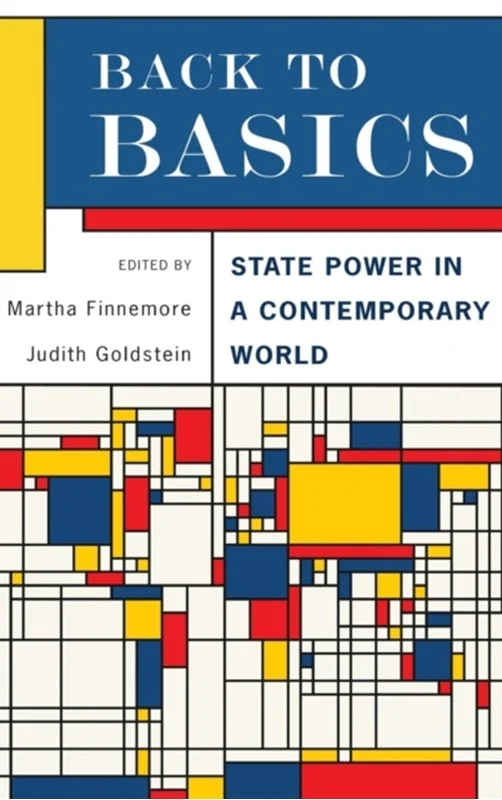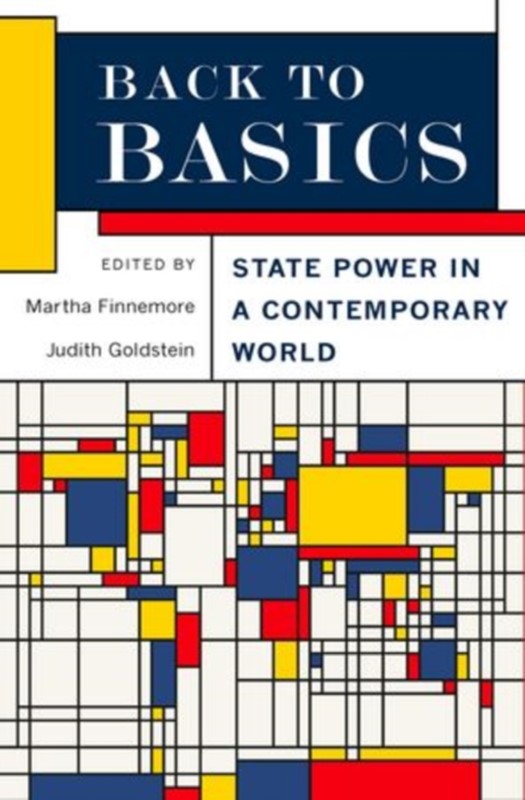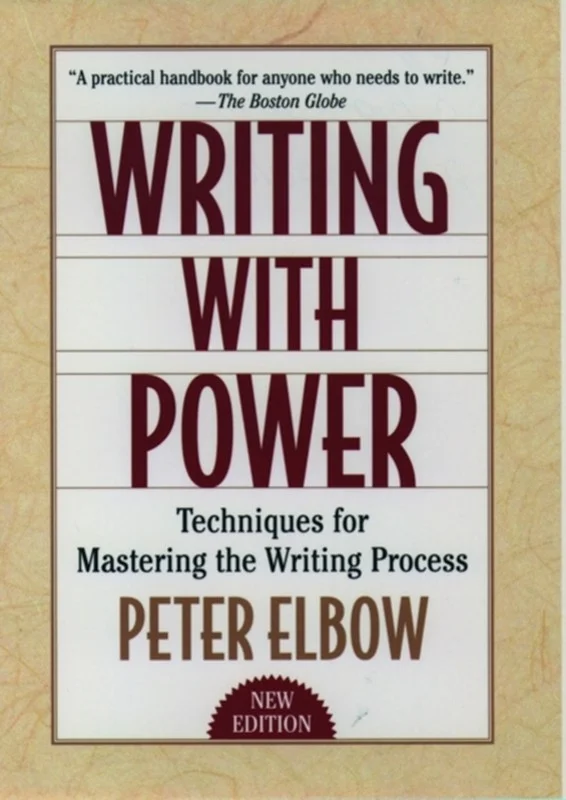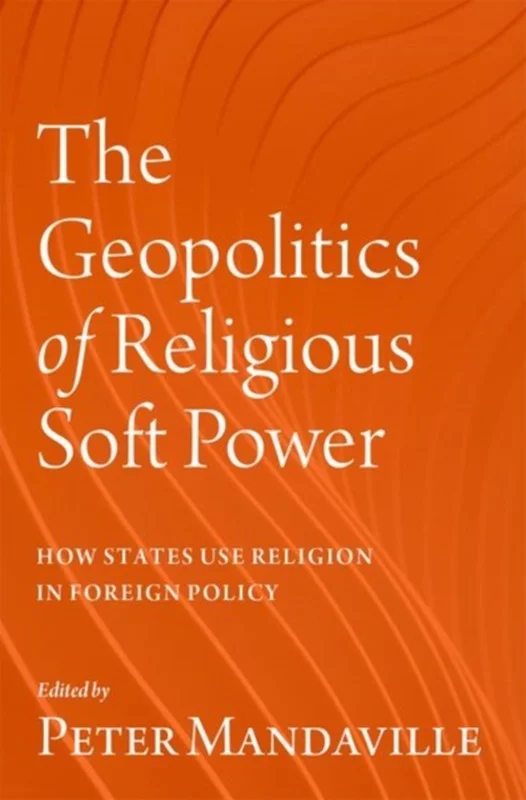Roots of War - David G. (professor Of Psychology Winter - Bog - Oxford University Press Inc - Plusbog.dk
Ever since Thucydides pondered reasons for the outbreak of the Peloponnesian War, writers, philosophers, and social scientists have all tried to identify and catalog factors that promote conflict escalation. Historians emphasize path-dependencies: the future grows out of the past, hence tomorrow''s wars are rooted in yesterday''s conflicts. Political scientists attend to changes in power balance or domestic political forces. All of these causes, however, are constructed by human beings and involve the memories, emotions, and motives of both the leaders and the led.In July 1914, the long peace of the great European powers was shattered when the Sarajevo assassinations quickly escalated to a world war that few ever anticipated. In contrast, at the height of the Cold War, the Cuban Missile Crisis could have easily plunged us into a thermonuclear world war, but was ultimately peacefully resolved. Why?In Roots of War: Wanting Power, Seeing Threat, Justifying Force, author David G. Winter identifies the three psychological factors that contributed to the differences in these historical outcomes: the desire for power (power motivation), exaggerated perception of the opponent''s threat, and justification for using military power and force. As Winter illustrates, several different lines of research establish how these three factors lead to escalation and war: the role of power motivation is demonstrated by comparative content analysis of documents (i.e. diplomatic communications, leaders'' speeches, and media coverage) from crises that escalated to war versus similar events that did not; case studies of several American and British wars; and analysis of "new wars" (i.e. civil unrest, state-sponsored violence, and terrorism).Drawing on this research, Roots of War is a powerful testament to the roles of power and the preservation of peace, and demonstrates their enormous influence in diplomatic interventions in the past and present-day.

